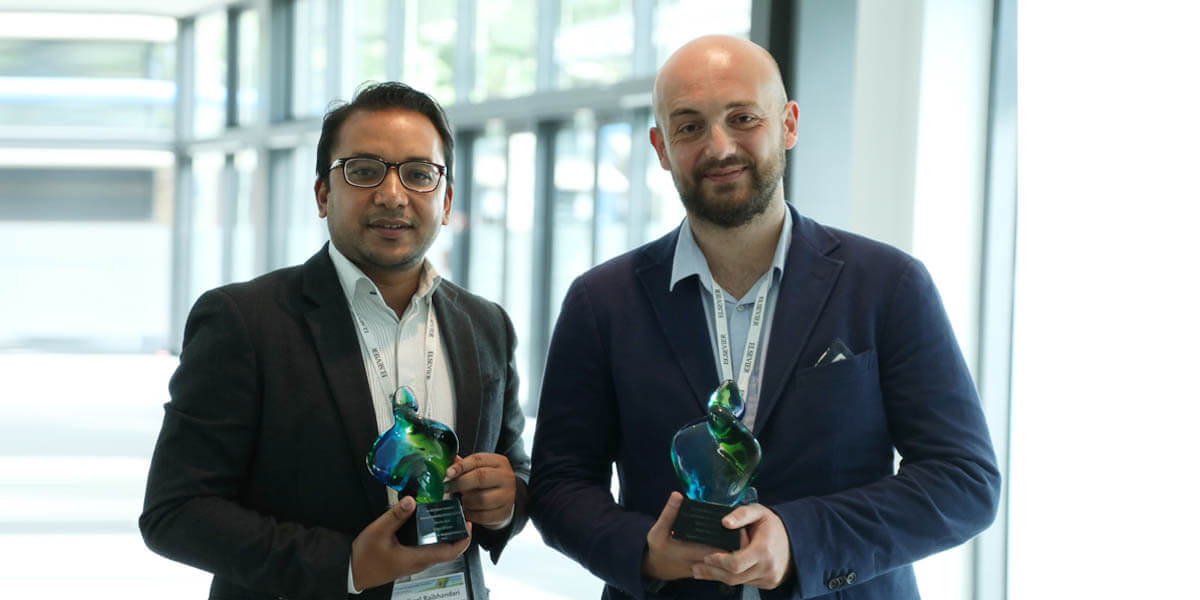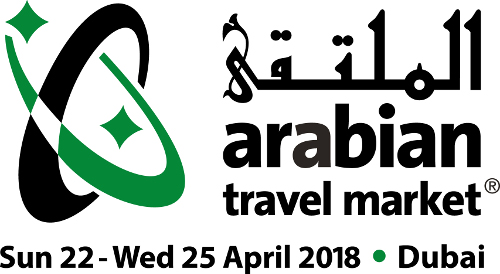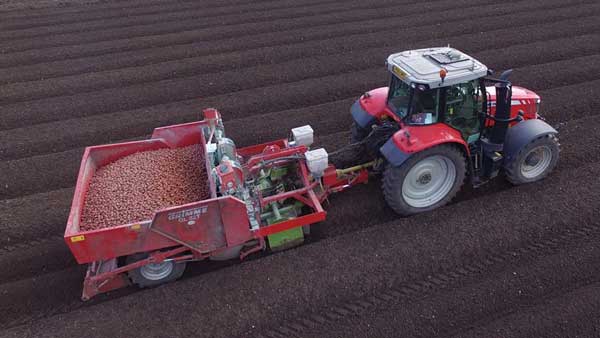Partner content
United Nations University, May 2018.
Contributing to SDGs 16 (Peace, Justice and Strong Institutions) and 17 (Partnerships for the Goals), this research seeks to understand if, when and how transitional justice, in combination with other conflict resolution tools, can contribute to transitions away from conflict in settings affected by major jihadist groups.
Brightmine,
22 May 2018
What can an employer do to make its workplace more veteran friendly? The following are some affirmative steps an employer can take to make its workplace fairer towards veterans and provide them with increased professional opportunities to level the playing field.
Elsevier,
16th May 2018
This article highlights the winning proposals of the third edition of the Elsevier Foundation Green & Sustainable Chemistry Challenge. The winning proposals were chosen for their innovative green chemistry aspects and their large positive impact on the environment, contributing to SDGs 2, 12, 13 and 15.
Brightmine,
11 May 2018
In support of goal 5, XpertHR have recorded a webinar that discusses the main findings of the UK Gender Pay Gap Reports, which companies with more than 250 employees 250 employees are expected to produce.
Brightmine,
Blog, May 2018
The #MeToo and #Time’sUp movements are bringing more focus to the issue of equal pay for women causing employers to take gender pay equity more seriously, with some reporting success. This Blog relates to Goal 5, discussing gender equality.
Farmers Weekly,
4 May 2018
With increasing pressure on chemical solutions to pests and diseases from the public, and growing resistance from plants as well as the risk to bees and other beneficial insects, farmers urgently need viable alternatives. Farmers Weekly talked to a UK farmer who is relying on biological controls to keep his oilseed rape healthy and yields profitable. This helps support SDG 12 - responsible consumption and production.
RX
Smart Urban Mobility Solutions is a new event consisting of an exhibition and 2-day conference programme, the event will leverage Scotland’s long history of innovation in Intelligent Traffic Control and Glasgow’s pioneering work on Smart Cities.
The event will take place at the SEC, Glasgow on 3– 4 May 2018 alongside All-Energy, the UK’s largest renewable energy and sustainability event.
RX
World Travel Market Responsible Tourism unites the global travel industry, companies, organisations and professionals alike, to share sustainable practices and ethical methods and drive the responsible tourism agenda. Tourism is mentioned specifically in Goal 8, 12 and 14. 2017 was the UN International Year for Sustainable Tourism for Development, with dedicated panel sessions examining what the industry can do to meet its commitments across a range of the goals.
LexisNexis Legal & Professional,
LN BIS blog, 5th February 2018
Supporting goal 10 (reduced inequalities) and goal 16 (peace, justice and strong institutions) Patrick Moulette, Head of the Anti-Corruption Division at the OECD shares how the legislative landscape has changed since countries signed the OECD Anti-Bribery Convention 20 years ago, and the impact it has had on companies’ attitudes towards compliance.
Farmers Weekly,
13 April 2018
This article explores how innovations can be used to advance goals 2 (zero hunger) and 12 (sustainable consumption and production). Nematicides - products for controlling soil-borne pests in root crops - are under threat of further regulation or withdrawal due to their toxicity. The Nematicide Stewardship Programme is demonstrating they can be used responsibly and safely to ensure their approval is maintained. But one farmer has taken it a step further by using technology to ensure his nematicide is applied accurately.





